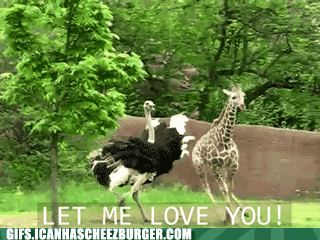So, in my first off-the-record blog post (post-coursework, if you will), I thought I'd blog about where I'm up to, what my thoughts are, that sort of thing.
I've just sent off two chapter drafts for the supes (supervisors) to read - a condensed methodology chapter (a bare bones spattering of 2000 words); and the first draft of my data chapter (which will no doubt get torn apart, but I've never written one before, so I took a stab at how I thought it should look).
They were due on Wednesday, but as usual I finished earlier than planned, and got tired of looking at them. My line of thinking is that like art, if you spend too much time going over the same thing, you are liable to overdoing it. So, with them sent off (perhaps prematurely), I earned myself a two week respite.
It's left me with a sense of trepidation, for a number of reasons! I haven't really had a holiday in several years. For instance, during my undergraduate degree, I took classes over Summer so I could get that sucker completed and get into postgrad quicker. So I haven't really been on a holiday since 2010. I don't feel comfortable not exercising my brain, keeping it occupied, thinking. I don't even know what to do with myself. I'm moving in with my girlfriend, so I guess I'll use the break to move my stuff from A to B. Except where I have been living is much more convenient (for my studies) than where I'm headed. Oh well...
What else is on my mind? There's a conference scheduled for first quarter of 2013 in the UK, called Twitter and Microblogging: Political, professional and Personal Practices, at Lancaster University. I'm going to talk to the supes when I see them after my holiday in mid-November, so I'll talk to them about it then. I doubt I could swing funding from my Faculty, but if the supes give it two sets of thumbs-up, I'll likely self-fund. I think it could be good experience/exposure for me to get out there in some capacity - it couldn't hurt I figure, except to make me look like a total wanker if I cock it up - which, if I'm honest, isn't entirely impossible to conceive.
Not much else is going on at the moment, so check back in here mid-November for an update. Fair warning, there'll be a high likelihood of rage, as I figure I'll have a lot of work cut out for me with my data analysis chapter. So long as I can start my discussion chapter by December, all is acceptable, and things will be coming up matt-house.
Time to take a leap of faith!
References








